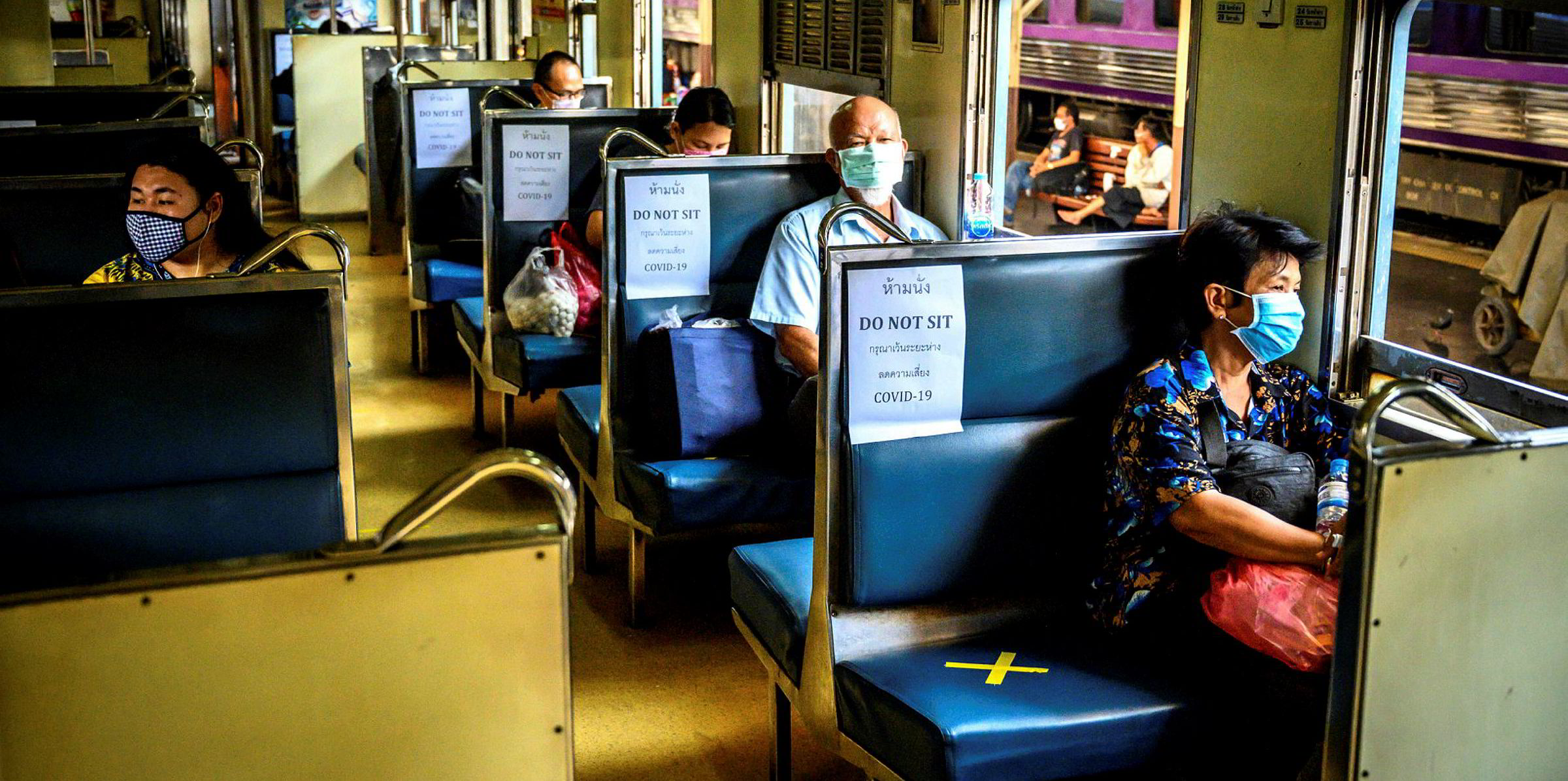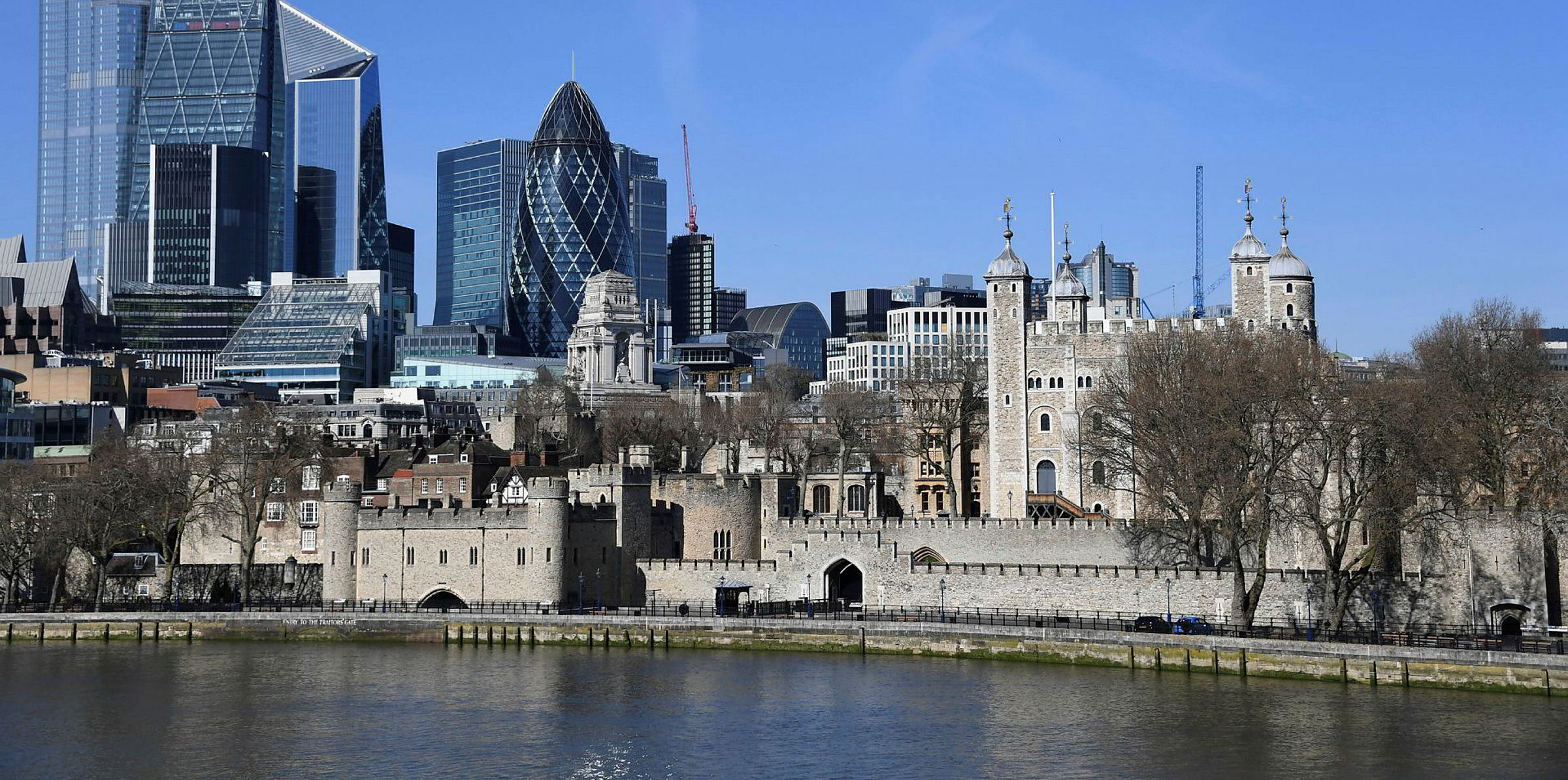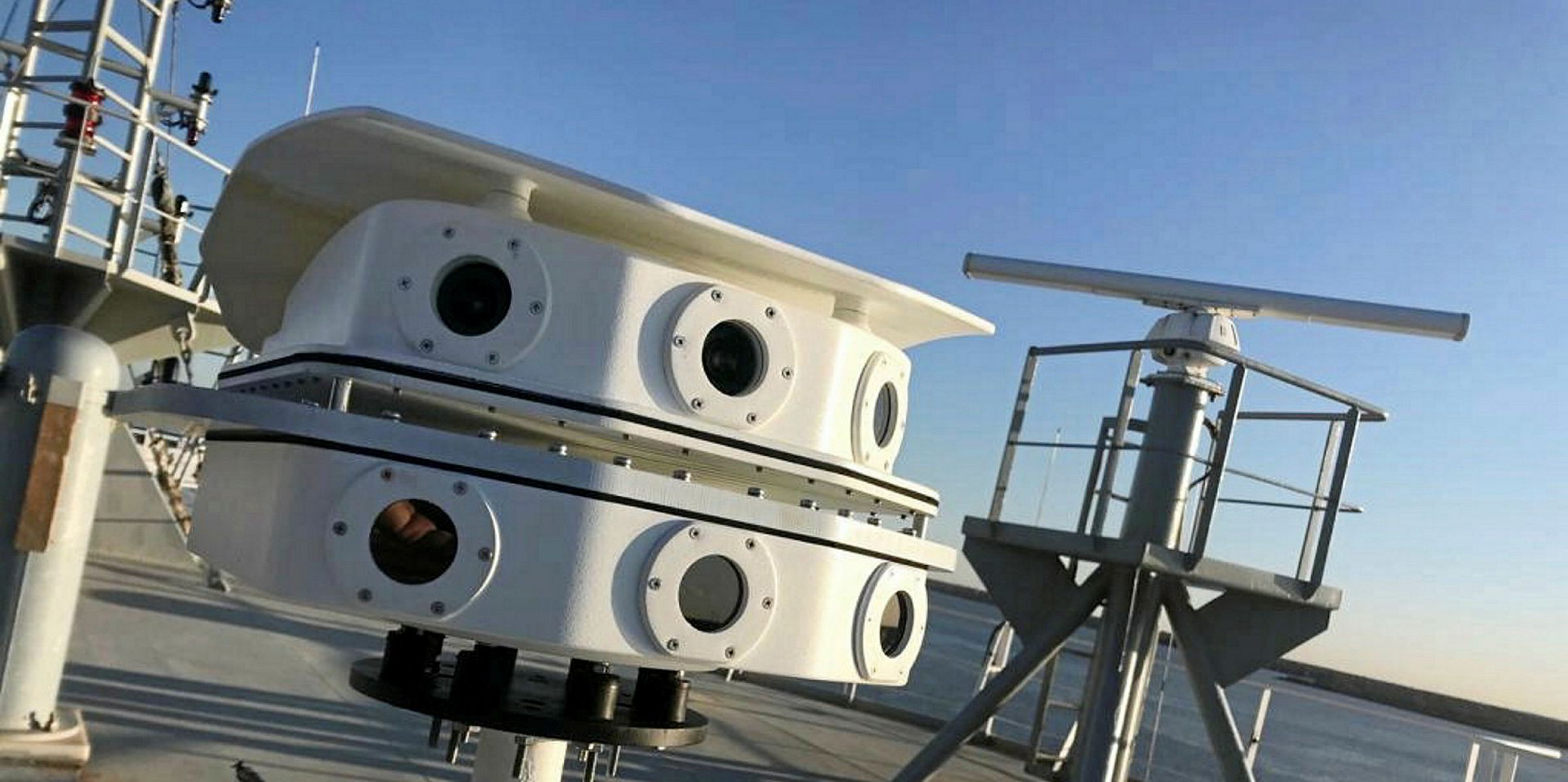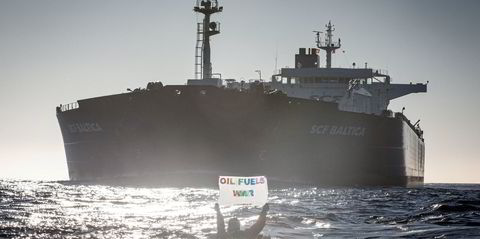What will shipping and the wider world look like when it emerges from the coronavirus pandemic? A crisis of this kind — akin to war — has often been followed by profound change. We have certainly seen unusual sights already: from the global fleet of cruiseships tied up at port to online maritime cocktail parties.
More surprising has been to see democratic governments shutting down schools, banning public meetings and "locking up" citizens in their homes.
World leaders committed to cutting public spending and shrinking the state have suddenly done amazing U-turns.
Felling shipbrokers
Richard Fulford-Smith has already predicted “the world’s greatest ever black swan” will fell the weaker shipbrokers.
The Affinity boss said his sector would return to the real roots of the trade, where highly experienced staff would offer top advice to shipowners.
The scale of the corporate carnage will depend on how long the lockdown in the US and Europe goes on. Already, there are signs of China returning to normal.
The Purchasing Managers’ Index, a gauge of manufacturing activity, came in at 52, up from 35 in February and much higher than analysts had expected.
But the World Bank is still saying this “unprecedented world shock” will slow Chinese economic growth from 6.1% last year to 2.3% in 2020.
Global output is expected to fall into negative territory, according to S&P Global Ratings. This can only lead to shipping industry job cuts and some bankruptcies.
Many shipping companies — particularly in dry bulk — were just coming out of intensive care before they were hit by a pandemic and global trade slump
The tanker industry is cashing in on the back of oil prices collapsing to below $20 per barrel — more due to the oil price war between Russia and Saudi Arabia than Covid-19.
But the rest of the industry is potentially in the deep freeze.
Many shipping companies — particularly in dry bulk — were just coming out of intensive care before they were hit by a pandemic and global trade slump.
Deutsche Bank gave up following a quarter of shipping stocks four months ago on the basis they were too small to bother with. Now there is speculation that others will follow amid plunging shipping stock values.
The fact that Carnival Corp is attempting to raise $6bn in emergency funds from banks and shareholders underlines the crisis facing the cruise sector.
But what wider changes could be seen? Will the pandemic shock convince manufacturers to shorten or diversify supply chains?
Will employers refine a wider social responsibility and think twice about short-term contracts or be driven by fear to introduce even more?
Virtual world
The move by Capital Link to hold its New York shipping forum online this week could be the start of many such ideas.
The stock capitalisation of video conferencing company Zoom has soared to $42bn, which is larger than all of the US airlines put together.
We were already moving to a weightless world, where more and more economic activity was taking place in digital form. But the pandemic has accelerated this.
While many have been laying off workers, Amazon has taken on 100,000 new staff. And these digital giants are moving from online to offline, with physical food retailing and logistics.
Will there be much more appetite, post-pandemic, for digital and algorithm-based risk futures trading or ship chartering?
Will shipowners, having broken out of “normal business” mode and looking for cost savings, be more open to a future of crew-less vessels?
And will shipping and the rest of the world deem Covid-19 a wake-up call for the even bigger threat of climate change? Or, will everyone decide they cannot afford all that “green stuff” now?
Another interesting question is whether the pandemic will enable China to emerge in a stronger economic state than its super power rival the US, enhancing Beijing’s strength in geopolitics and more specifically the maritime sector.
The flu that hit Europe after World War I led to the creation of the welfare state, while the Wall Street Crash of 1929 brought about the government-funded New Deal work programme in the US.
The 2008 financial crisis certainly brought profound change in its wake — but not in a positive way for the majority of citizens.
Bank bailouts
The massive bank bailouts saved the financial institutions but were paid for by sweeping austerity measures that hit the poorest the hardest.
That, in turn, undermined popular faith in capitalism and heralded a return to nationalism that brought Donald Trump, Boris Johnson and others to power.
The coronavirus crisis seems to have produced more caring communities, but who will pay the bill for the massive state spending sprees now underway?
Even as Trump rails about the “Chinese virus” and a blame-game starts, there is determination elsewhere to move to a new world of caring capitalism and global cooperation.
It would be ironic, indeed, if the coronavirus could “heal” the world and bring it back together again — but history suggests it could go either way. For sure, shipping is sailing towards change.









